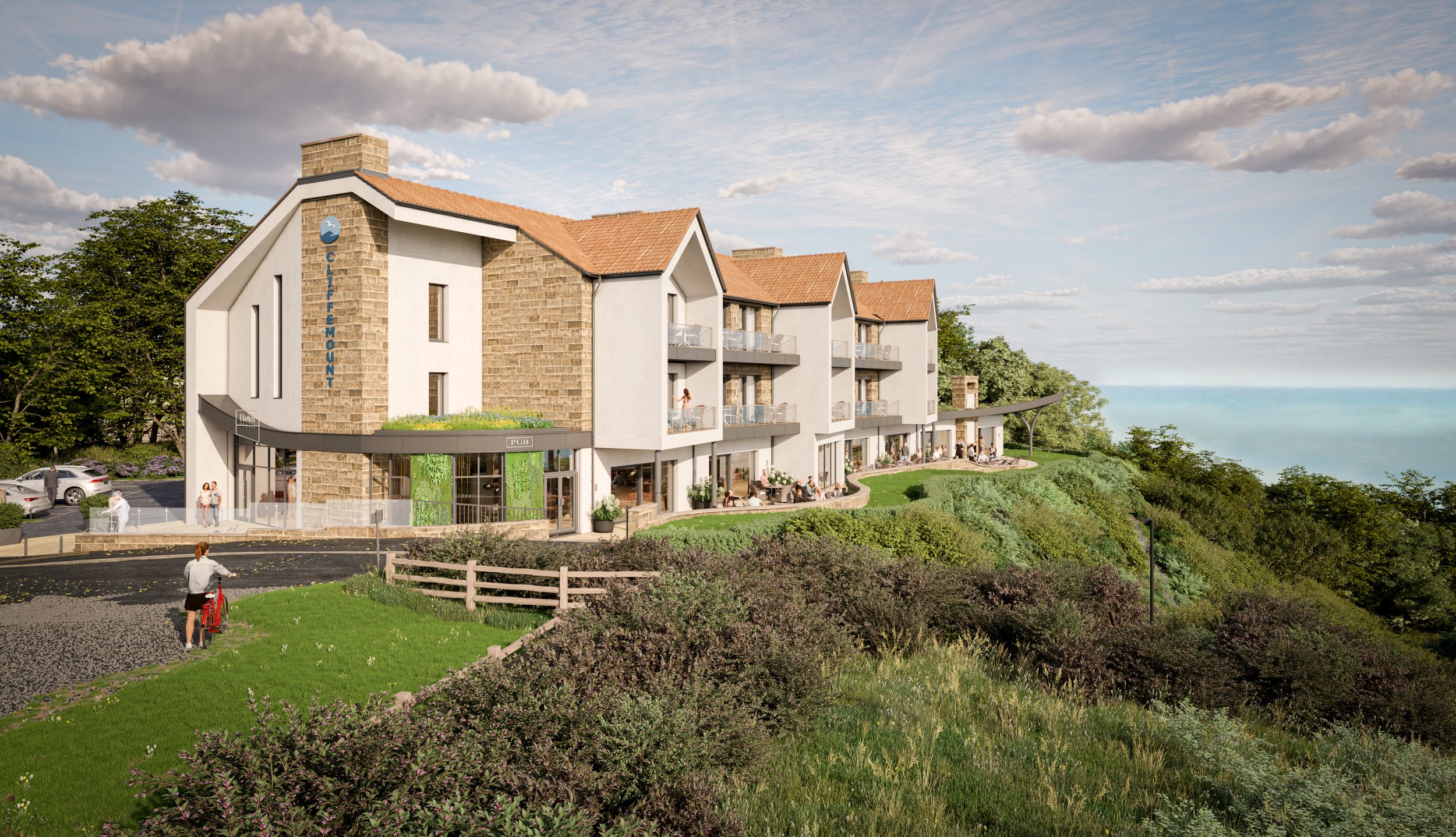
About Passivhaus
The Passivhaus standard has become widely used in the development of residential dwellings over the last 30 years, yet very few commercial properties have considered it – in the UK at least.
Gaining Passivhaus accreditation is very complex but we’re proud to be working towards bringing the first Passivhaus accredited hotel to the UK.
What is Passivhaus?
Passivhaus is the ‘Gold Standard’ in energy efficiency. It’s a set of standards focused on ensuring buildings are designed in a way that means they use a very low amount of energy. Passivhaus standards reduce the need for space heating and cooling and so, post air heating is the only form of heating used.
The Passivhaus Standard was developed by The Passivhaus Institute in Germany after their researchers looked into why low energy buildings often failed to achieve energy savings. Their findings were used to create the energy efficient building principles we know today as the Principles of Passivhaus Standard.

The Principles of the Passivhaus Standard
The Principles of the Passivhaus Standard are fundamental to the energy efficiency of Passivhaus buildings and the sole influence behind their design.
They are so interlinked that if one was to be missed or neglected, it would have a significant impact on the design and efficiency of the building.
Accurate Design Modelling (using PHPP)
Very High Levels of Insulation
High Performance Windows with Insulated Frames
Airtight Building Fabrics
Thermal, Bridge-free Construction
Mechanical Ventilation System with Highly Efficient Heat Recovery
During the design and construction stages, all of these principles are required to be extensively and rigorously calculated, modelled, assessed and tested if Passivhaus accreditation is to be achieved. This is to ensure that the performance targets set for the specific project type are met.
Why Choose Passivhaus?
According to The Passivhaus Trust, buildings are accountable for 35% of the total global energy consumption – that’s over one third! It’s understandable then that organisations such as The Passivhaus Trust are developing standards to help reduce this figure.
Choosing Passivhaus not only means doing your part in reducing global energy consumption, but it also brings with it huge benefits not gained using other design and building standards.
Benefits of Passivhaus Standard
High level of comfort for occupants
Very little energy used for heating and cooling
Focused on high quality construction
Supports net zero aims
Ongoing cost saving
Reduces the risk of mould and damp
Plus, there are many more. Take a look at the benefits report from The Passivhaus Trust





